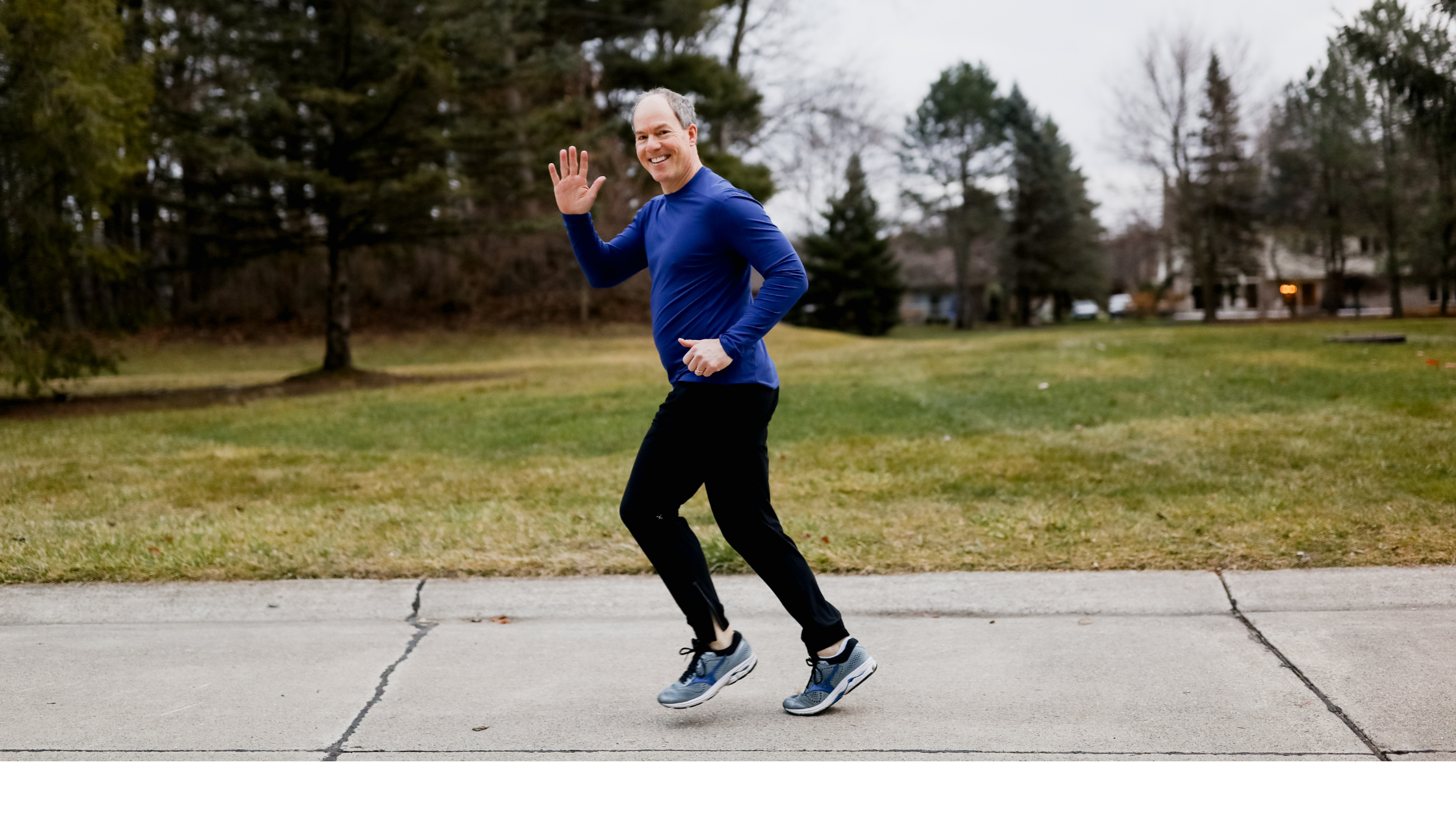Fannie Lou Hamer
When we think about civil rights leaders of the 1960s, the first name that comes to mind is Martin Luther King. Many others fought just as hard during this time to end political and social discrimination faced by African Americans, including a woman named Fannie Lou Hamer.
Fannie Lou was born in rural Mississippi in 1917. She was the youngest of 20 children, and her family worked as sharecroppers, working in the fields for the owner of a plantation.
After passing the voter-registration test (which were designed to keep poor, uneducated Americans – especially African-Americans – from voting), she began working to help other African Americans pass the test. Because of her efforts, she was arrested and beaten so badly in jail that she suffered permanent damage.
Fannie Lou became a freedom fighter, seeking civil rights for all African Americans. Her fight took her to the 1964 Democratic National Convention where, in a nationally-televised speech, she spoke about unfair treatment of African Americans in the south. She described the challenges of voter registration, and the brutal beating she suffered in jail.
Her moving speech received considerable attention, and was recognized by President Lyndon Johnson. As a result, Johnson helped pass the Voting Rights Act of 1965, which made it illegal to require voter-registration tests and to deny Americans the right to vote based on the color of their skin.
Fannie Lou continued to fight for civil rights until her death in 1977. In addition to helping establish low-income housing programs and daycare programs and fighting to desegregate schools, she also continued the political fight for African Americans and women, through the creation of the National Women’s Political Caucus.
March is National Women’s History Month, and the world is a better place because women like Fannie Lou Hamer faced seemingly insurmountable challenges and overcame obstacles to accomplish great things in the world.
Take time this month to read about women who have made a difference, and learn from their determination, courage, hard work, and other values that inspired them to take action – and change the world.





